Deworming your dog is essential to keep your furry friend healthy and protect them from digestive issues caused by worms. However, not everyone knows how to properly administer deworming medication, so this article will provide you with valuable insights on how to deworm your dog.
1. Age Considerations and Deworming Schedule for Dogs
Deworming your puppy can start as early as 2-3 weeks of age. At this young age, their bodies are still developing and vulnerable, making them highly susceptible to worm infections. After giving them deworming medication, closely observe their behavior and contact your veterinarian if you notice anything unusual.
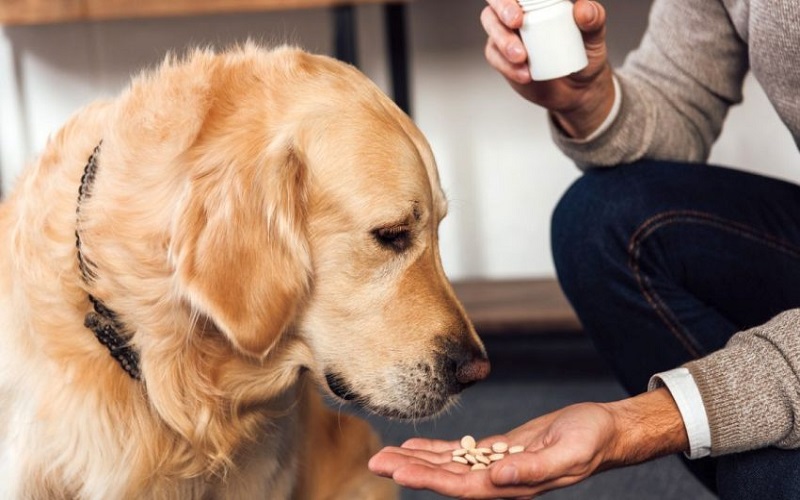
Repeat the deworming process at 4, 6, and 8 weeks of age. Once your puppy is older and stronger, you can target specific types of worms, such as roundworms and tapeworms. For dogs over 1 year old, deworming once a year is sufficient.
2. Proper Deworming Techniques for Dogs
Dogs often resist taking medication, and deworming is no exception. They may clamp their mouths shut or even gag. To overcome this challenge, hide the pill in their food or crush it and mix it with their meal.
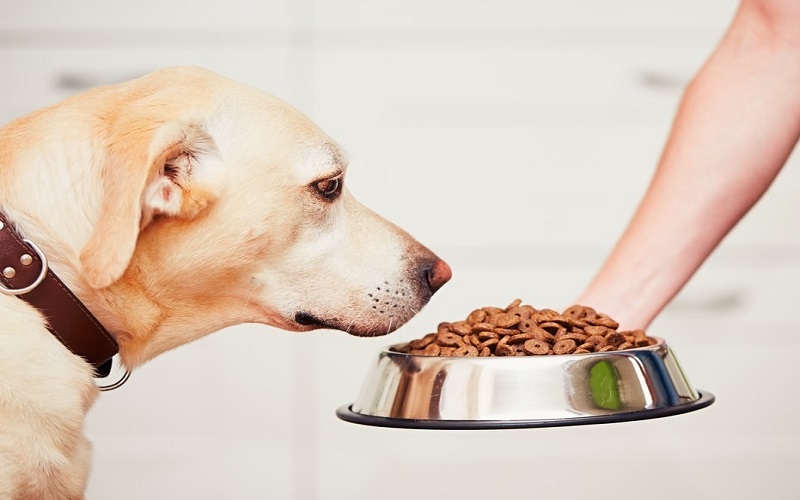
Dosage is critical and varies depending on the breed of your dog. Always follow the recommended dosage to avoid adverse reactions. Keep a record of your dog’s deworming schedule. It’s best to deworm your dog two hours after their morning meal to minimize the impact on their stomach and reduce the risk of negative reactions.
3. What to Do If Your Dog Refuses to Take Deworming Medication?
To administer deworming medication to your dog, open their mouth, place the pill on their tongue, and offer them a small amount of water. Hold their mouth closed for about 10 seconds to ensure they swallow the pill. If they refuse, try hiding the pill in their favorite food or crushing it and mixing it with water.
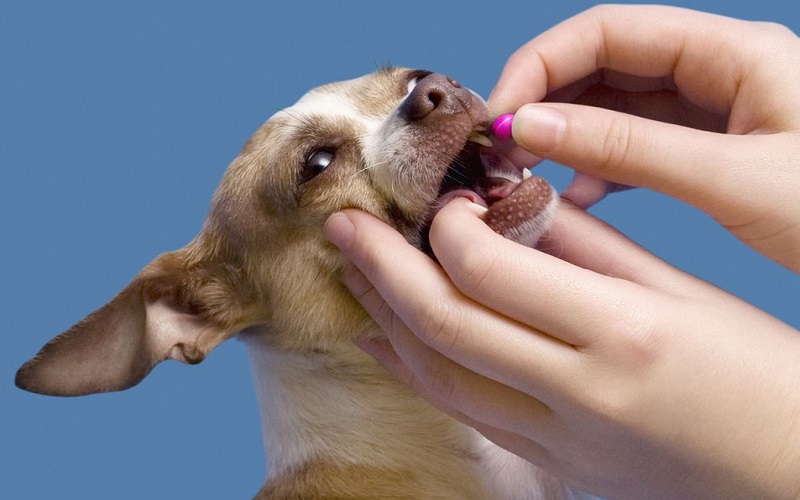
For more stubborn cases, you can try the following steps:
Step 1: Open their mouth by gently but firmly holding their muzzle and prying their jaws apart.
Step 2: Pull down their upper lip and hold it with one hand. Tilt their head back to expose the lower jaw.
Step 3: Place the pill on their tongue, as far back as possible. Hold their mouth closed for as long as you can, then gently stroke their throat until they swallow the pill. Observe them closely to ensure they don’t spit it out.
If all else fails, consult your veterinarian for assistance.
4. Post-Deworming Care for Your Dog

After deworming, your dog may feel sad and uncomfortable. Offer comfort and reassurance to help them feel loved and supported. It may take some time for the medication to take effect, so be patient. If, after 24 hours, they still show no improvement, such as a lack of appetite or lethargy, seek veterinary attention immediately.
5. Common Reactions After Deworming Your Dog
No Reaction

If your dog shows no adverse reaction after deworming, there’s no cause for concern. In the absence of any unusual symptoms, you can offer them their regular diet to ensure the medication takes effect.
Lethargy and Discomfort

It’s common for dogs to feel lethargic and clingy after deworming. They may experience mild vomiting and diarrhea, after which they’ll seek a comfortable place to rest. During this time, provide them with a quiet space to relax and observe their condition. Offer clean water and wait for half a day. If their stomach seems to be settling, you can resume their regular feeding routine.
Excessive Vomiting

Some dogs may experience more intense reactions, such as prolonged and excessive vomiting, due to a sensitive stomach or advanced age. This can lead to dehydration, so ensure you provide them with adequate fluids.
6. Consequences of Improper Deworming for Dogs
While deworming is essential, doing it correctly is crucial. Many pet owners neglect the deworming schedule, use the wrong medication or dosage, which can be life-threatening for their dogs.
Additionally, never use human deworming medication for your dog. The physiological differences between humans and dogs mean that the ingredients in human deworming medication could cause vomiting, gagging, or even an allergic reaction that could prove fatal.
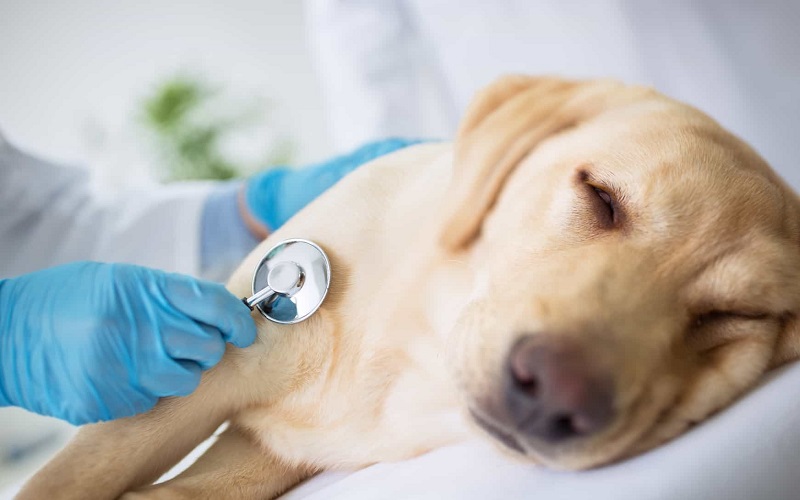
Timing is also critical. Avoid deworming your dog on an empty stomach, right before or long after a meal. Their stomach should have some food content to minimize the impact on their digestive system. Always monitor your dog closely after deworming and seek veterinary attention if any unusual symptoms arise.
7. Frequently Asked Questions About Deworming Dogs
My dog doesn’t have worms, so why deworm?
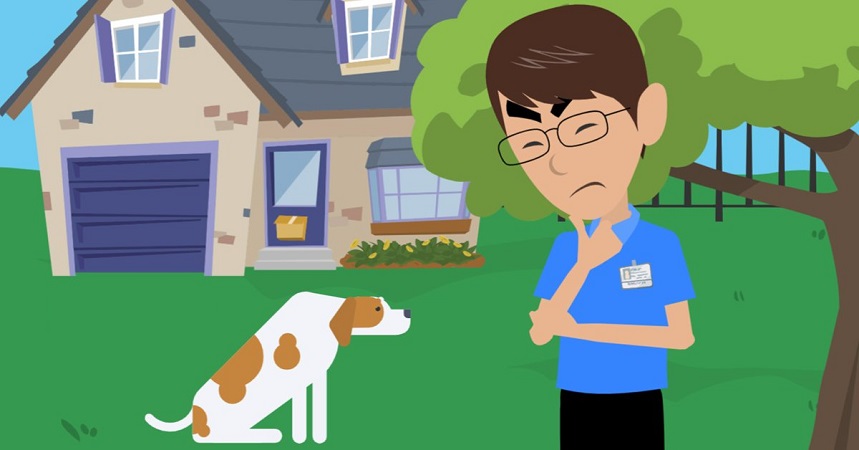
It’s a common misconception that dogs that don’t go outside, eat random things, or interact with other dogs are worm-free. In reality, dogs can pick up parasites from licking their bodies or rolling on the ground. Therefore, deworming is mandatory and crucial for their health.
If my dog shows no signs of illness, do I still need to deworm them?
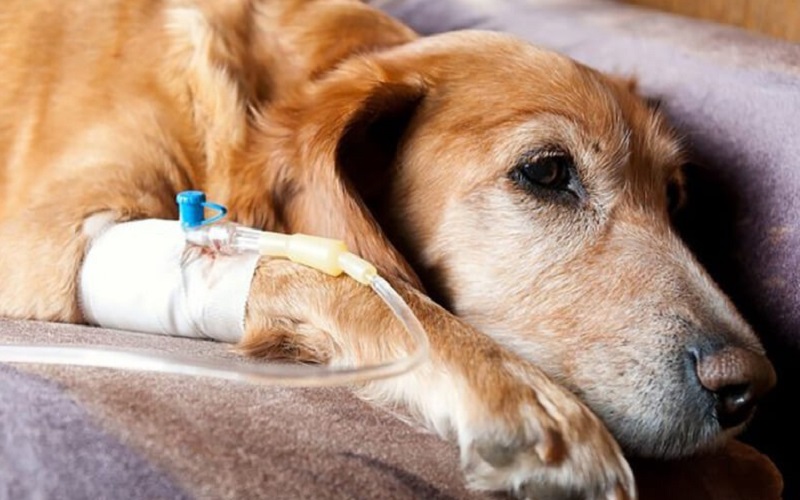
Deworming is not just for treating existing infections but also for prevention. By deworming regularly, you reduce the likelihood of your dog developing gastrointestinal issues. If you wait until they show symptoms, it might be too late, and some cases may require surgery. Regular deworming protects your furry friend from serious intestinal problems.
Isn’t bathing enough to keep my dog worm-free?
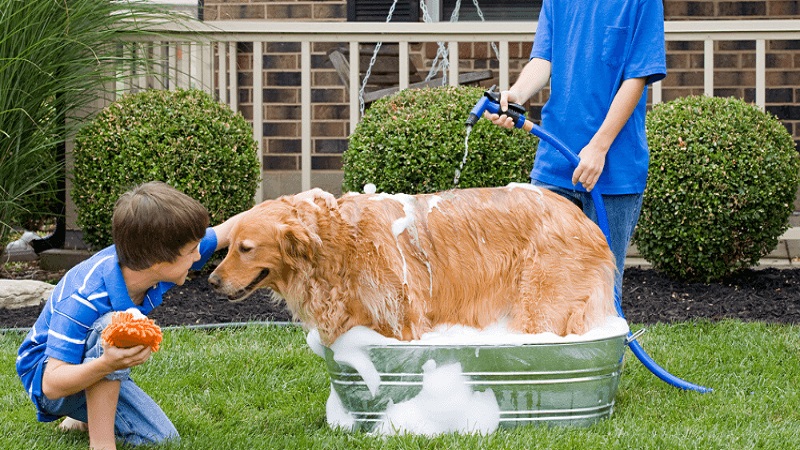
Parasites can invade and multiply rapidly, and bathing alone won’t eliminate them completely. While bathing keeps your dog’s coat and skin clean, it doesn’t address the internal threat. Deworming your dog not only protects their health but also safeguards your family from potential parasite transmission.
What is the best deworming medication for dogs?
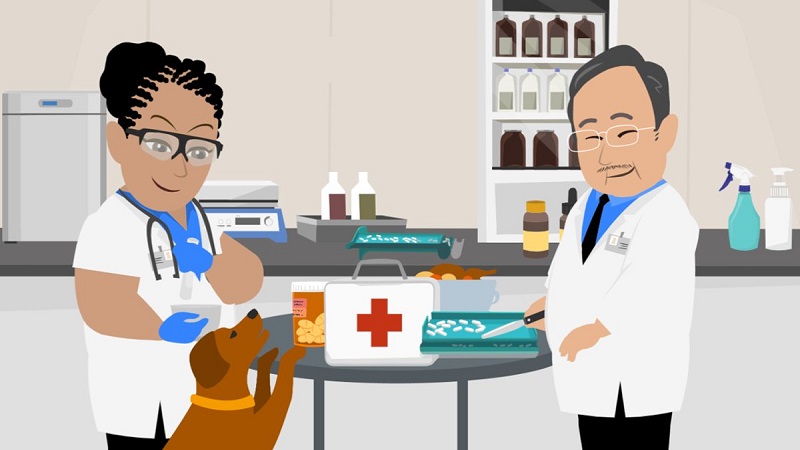
The market offers a wide range of deworming medications, and it’s essential to consider both price and quality when choosing one. Consult your veterinarian for recommendations to select the most suitable deworming medication for your dog.
Where can I find a reputable dealer for dog deworming medication?
You can purchase deworming medication from pet stores or veterinary clinics. However, it’s crucial to select a reputable source. If you’re unsure, don’t hesitate to seek advice from your trusted veterinarian.
Check out our guide on choosing the right shampoo for your dog!
In conclusion, deworming your dog is essential for their health and well-being. We hope this article has empowered you with the knowledge to keep your furry friend happy and healthy.
Further Reading:
>>
>>
>>

































